#include<stdio.h>
int main()
{
float first=9876543210987654321.987654321;
double second=9876543210987654321.987654321;
long double a=9876543210987654321.987654321;
printf("1=%f",first);
printf("\n2=%lf",second);
printf("\n3=%Lf\n\n",a);
return 0;
}
help me please see the result in the pic attached noob coder xD
